Kenkoku University and the
Experience of Pan-Asianism
SOAS Studies in Modern and Contemporary Japan
SERIES EDITOR:
Christopher Gerteis (SOAS, University of London, UK)
EDITORIAL BOARD:
Stephen Dodd (SOAS, University of London, UK)
Andrew Gerstle (SOAS, University of London, UK)
Janet Hunter (London School of Economics, UK)
Barak Kushner (University of Cambridge, UK)
Helen Macnaughtan (SOAS, University of London, UK)
Aaron W. Moore (University of Edinburgh, UK)
Timon Screech (SOAS, University of London, UK)
Naoko Shimazu (NUS-Yale College, Singapore)
Published in association with the Japan Research Centre at the School of Oriental and African Studies, University of London, UK.
SOAS Studies in Modern and Contemporary Japan features scholarly books on modern and contemporary Japan, showcasing new research monographs as well as translations of scholarship not previously available in English. Its goal is to ensure that current, high quality research on Japan, its history, politics and culture, is made available to an English speaking audience.
Published:
Women and Democracy in Cold War Japan, Jan Bardsley
Christianity and Imperialism in Modern Japan, Emily Anderson
The China Problem in Postwar Japan, Robert Hoppens
Media, Propaganda and Politics in 20th Century Japan, The Asahi Shimbun Company (translated by Barak Kushner)
Contemporary Sino-Japanese Relations on Screen, Griseldis Kirsch
Debating Otaku in Contemporary Japan, edited by Patrick W. Galbraith, Thiam Huat Kam and Bjrn-Ole Kamm
Politics and Power in 20th-Century Japan, Mikuriya Takashi and Nakamura Takafusa (translated by Timothy S. George)
Japanese Taiwan, edited by Andrew Morris
Japans Postwar Military and Civil Society, Tomoyuki Sasaki
The History of Japanese Psychology, Brian J. McVeigh
Postwar Emigration to South America from Japan and the Ryukyu Islands, Pedro Iacobelli
The Uses of Literature in Modern Japan, Sari Kawana
Post-Fascist Japan, Laura Hein
Mass Media, Consumerism and National Identity in Postwar Japan, Martyn David Smith
Japans Occupation of Java in the Second World War, Ethan Mark
Gathering for Tea in Modern Japan, Taka Oshikiri
Engineering Asia, Hiromi Mizuno, Aaron S. Moore and John DiMoia
Automobility and the City in Japan and Britain, c. 19551990, Simon Gunn and Susan Townsend
The Origins of Modern Japanese Bureaucracy, Yuichiro Shimizu (translated by Amin Ghadimi)
Kenkoku University and the Experience of Pan-Asianism, Yuka Hiruma Kishida
Overcoming Empire in Post-Imperial East Asia, Barak Kushner and Sherzod Muminov
Forthcoming:
Gender, Culture, and Disaster in Post-3.11 Japan, Mire Koikari
It has been a truly wonderful experience working with Bloomsburys editorial team, Rhodri Mogford, Laura Reeves, Beatriz Lopez, and Emma Goode. I would like to extend my special thanks to Christopher Gerteis, Series Editor, for his encouragement and moral support. The book has greatly benefitted from insightful feedback of anonymous reviewers.
At the University of Iowa, I received indispensable guidance, critique, advice, encouragement, and support from my teachers and colleagues. I would like to thank Dr. Jennifer Sessions, Dr. Shuang Chen, Dr. Paul Greenough, Dr. Sonia Ryang, Dr. David Arkush, Dr. Elizabeth Heineman, Dr. Michaela Hoenicke Moore, Dr. Glenn Penny, Dr. Scott Schnell, Dr. Alyssa Park, Dr. Jacki Rand, Dr. Sarah Hanley, Pat Goodwin, Sheri Sojka, Mary Strottman, Jean Aikin, Dongwang Liu, and Min Tian. Assistance provided by Japanese Studies Librarian Chiaki Sakai was indispensable to this research. Finally, becoming a student of Dr. Stephen Vlastos has been one of the greatest fortunes that I have had. Ever since reading his publication as an undergraduate student in California, he has been an inspiration to me. He is the greatest role model for me not only as a historian but also as an enthusiastic and dedicated educator. I am forever grateful to Stephen for his advice, guidance, and the warm support and encouragement he and Mary Ann have given me.
A number of people have read early drafts of parts of this book and offered helpful feedback and advice. I would like to extend my special thanks to the participants of the Midwest Japan Seminar held at Niagara University in April 2015 and the Yale InterAsia Connections Conference in February 2016. I would also like to thank Leander Seah, Phillip Guingona, Jamyung Choi, Woyu Liu, Josh Cochran, and Gabi von Roedern. My special thanks are extended to the colleagues and students of Bridgewater Colleges Department of History and Political Science.
This research has benefitted from Bridgewater College Faculty Research Grants, University of Iowas Crossing Borders Summer Travel Scholarships, the Stanley Graduate Award for International Research, the Laurence Lafore Fellowship, the Center for Asian and Pacific Studies Graduate Dissertation Grants, and the Graduate Colleges Summer Fellowship.
I would like to express my gratitude to Kenkoku University alumni and their family members whom I met in Tokyo and Osaka in 2010 and 2011: Mr. Fujimori Kichi, Mr. Matsumoto Hirokazu, Ms. Matsumoto Misao, Mr. Shiokawa Shigeya, Mr. Nakamura Masaz, Mr. Ochi Michiyo, Mr. Ishii Gen, Mr. Shiotsuki Genshi, and Mr. Murase Yoshikazu. Upon learning of my research interest, all of them willingly shared their opinions and stories about their alma mater with me. In addition, both the Alumni Association and individual alumni members offered me a number of variable sources. I hope I have fulfilled their expectation of constructing Kendais history from the perspectives of not only Japanese but also other Asian students.
I would also like to dedicate this book to all of the wonderful teachers and friends I met throughout long years at school in Japan and the United States. Teachers at Ikaruga Nishi Elementary School taught me the joy of learning. Teachers at Kansai Soka Junior and Senior High Schools opened my eyes to various new things and have continued to give me warm encouragement as if I am their own sister or daughter. The school brass band, to which I belonged for six years, taught me the preciousness of friendship and the importance of daily effort. At Soka University of America, I was able to study with great professors and friends. I am forever grateful to Dr. Dongyoun Hwang for showing me how interesting and important Asian History is and for encouraging me to pursue further studies in the United States. Finally, I would like to express my utmost appreciation to my mentor in life, Dr. Daisaku Ikeda, the founder of Soka schools I attended, and a leader of a grassroots international movement to actualize world peace through education and culture based on Buddhist philosophies. In 2001, he gave me a book with a word of encouragement,

(learning brings the light to life), written on the title page. It is my vow as his disciple to embody this word in my historical research and teaching and live a contributive life.

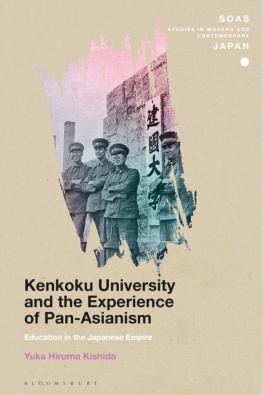

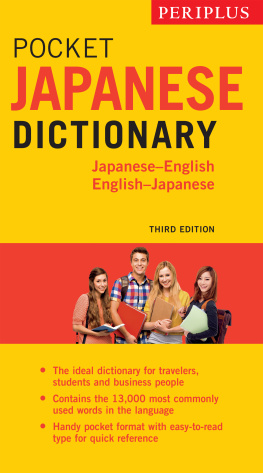
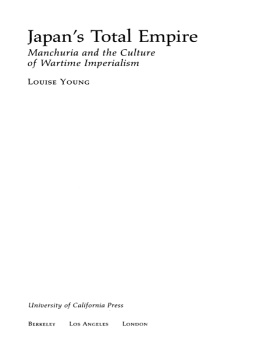
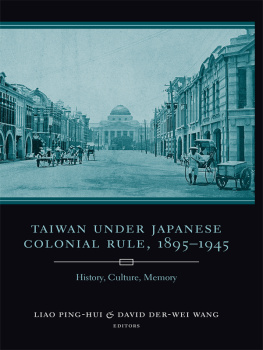
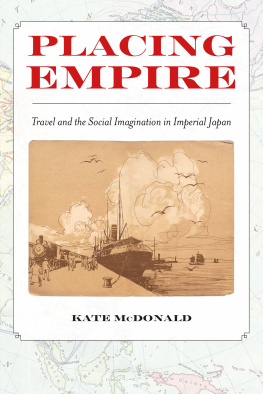
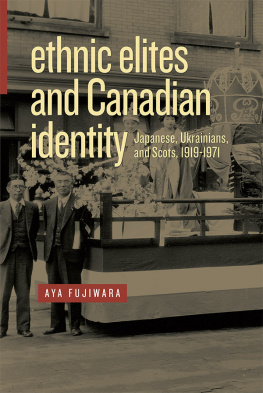
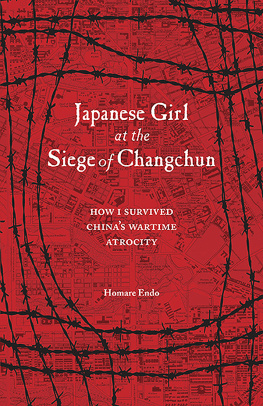
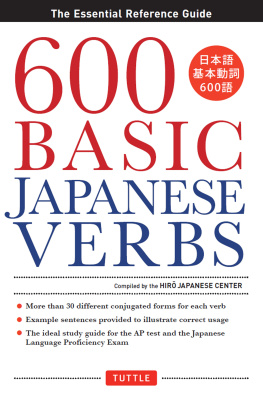

 (learning brings the light to life), written on the title page. It is my vow as his disciple to embody this word in my historical research and teaching and live a contributive life.
(learning brings the light to life), written on the title page. It is my vow as his disciple to embody this word in my historical research and teaching and live a contributive life.